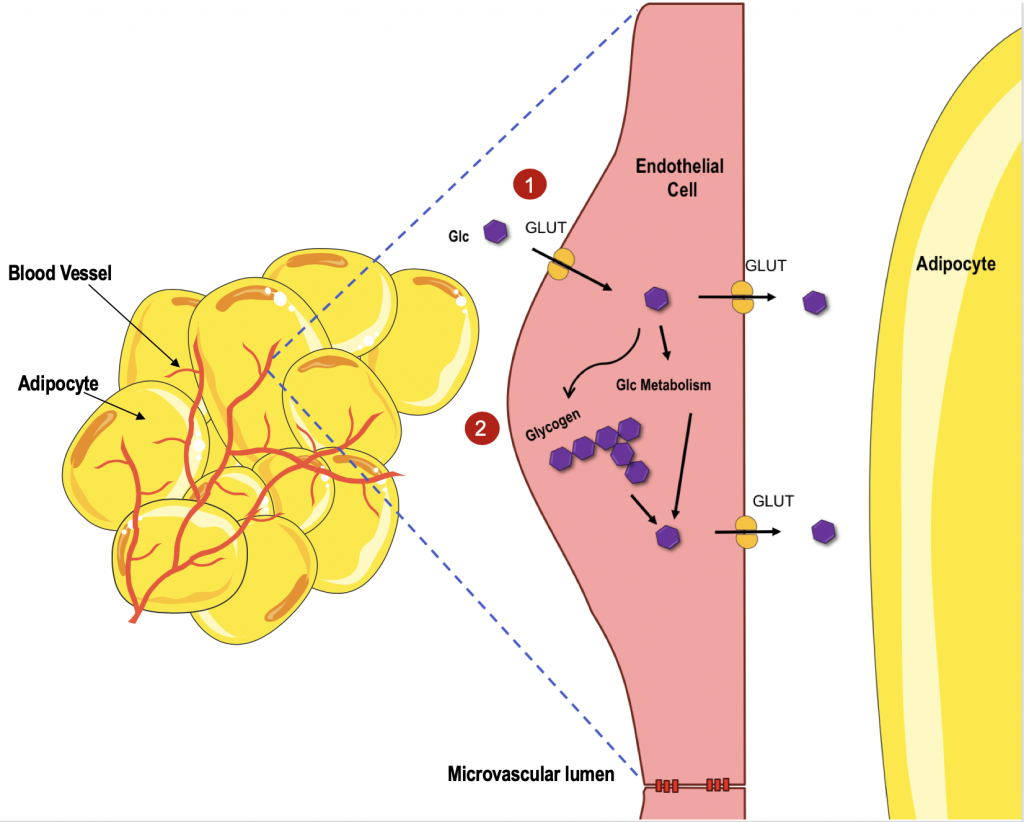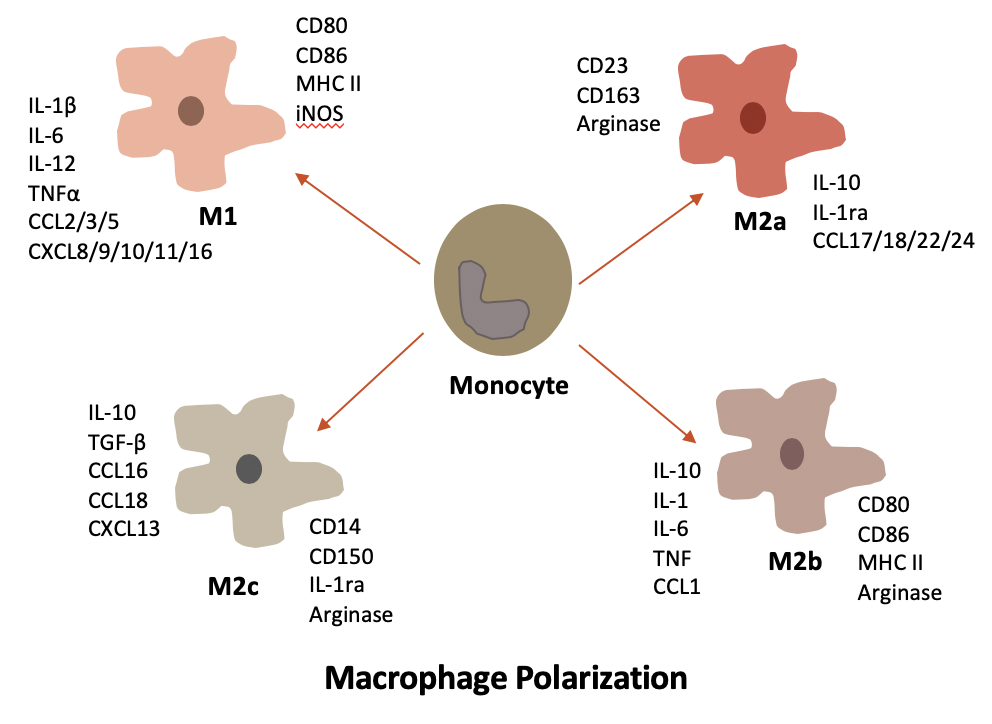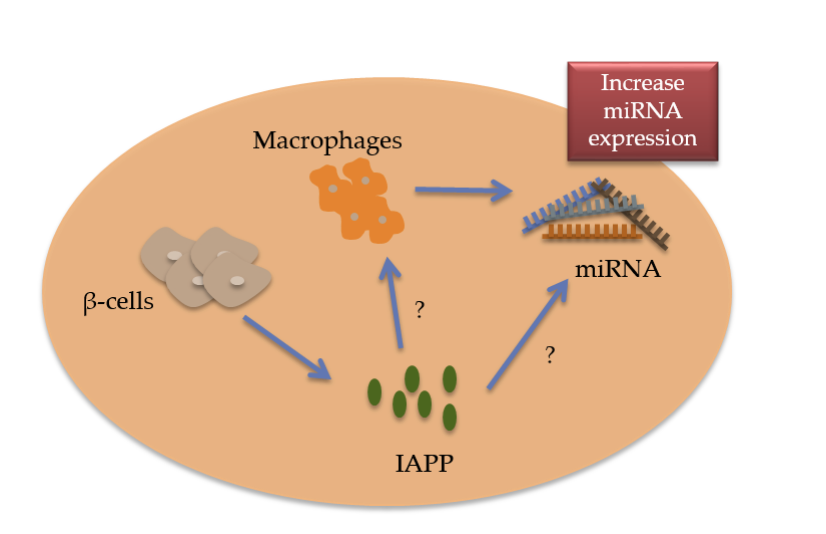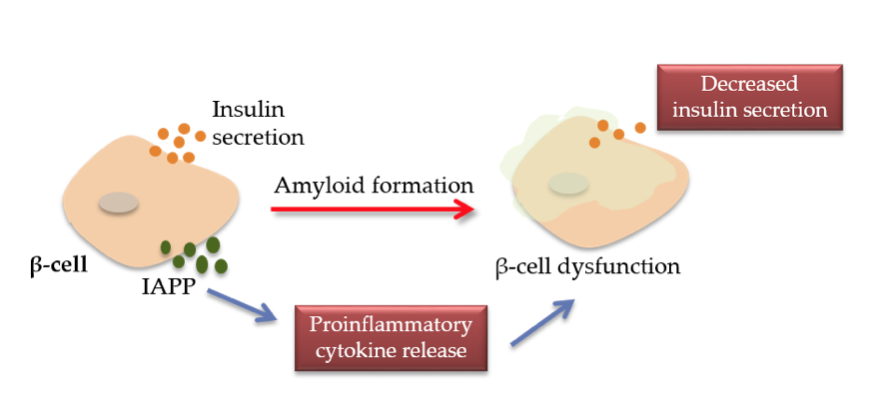The interdisciplinary nature of pathology and therapeutics discovery continually fascinates me. Since becoming involved with biomedical research at an early age, I have been intrigued about immunology and molecular biology and its connection to understanding disease pathogenesis and discovering novel therapeutics. Previously, my research projects focused on glucose metabolism in microvascular endothelial cells, finding microRNA biomarkers for diabetes and investigating the contribution of inflammation in the development of type 2 diabetes.
Below are summaries of some of my past research projects:
Glucose Uptake in Endothelial Microvascular Cells Exposed to Diabetogenic Conditions
Abstract: This project investigated the mechanisms whereby glucose enters the vascular endothelial cells and how a ‘diabetic environment’ affects glucose uptake. Results revealed that microvascular endothelial cells may be potential reservoirs of glycogen and suggested for the first time the effect of a diabetogenic condition on glucose uptake and glycogen metabolism in human adipose microvascular endothelial cells.

Proposed fate of glucose in endothelial cells
Macrophage Phenotype and Function: Effects of Islet Hormone Signaling
Abstract: Bone marrow-derived macrophages (BMDMs) were treated with insulin or glucagon for 21h to determine whether macrophages express receptors for islet hormones and the effects of islet hormone receptor signalling on macrophage polarization. Results revealed potential effects of glucagon on macrophage polarization. A better understanding of the effects of islet hormones on macrophage phenotype and function can potentially lead to future studies investigating the effectiveness of targeting islet hormone signalling in T2D.

Macrophages can be polarized to M1 and M2 classes, promoting the secretion of various pro-inflammatory or anti-inflammatory cytokines.
miRNAs as Biomarkers of IAPP-induced Inflammation in Type 2 Diabetes
Abstract: Wild-type and human islet amyloid polypeptide (hIAPP)-expressing mouse islets were cultured for six days to determine whether IAPP-induced inflammation upregulates the expression of miR-375, miR-21, and miR-146a. This study shows for the first time an IAPP-induced upregulation of miR-21 and miR-146a. Notably, this study is the first step towards identifying miR-21 and miR-146a as attractive early biomarkers of type 2 diabetes.

Hypothesized pathways for IAPP-induced upregulation of miRNA
Inflammation in Pancreatic Islets: Contribution of Islet Macrophages
Abstract: Pancreatic islets were treated with islet amyloid polypeptide (IAPP) to identify whether IAPP activates caspase-1 in pancreatic islets. The effects of islet macrophages on insulin secretion and production was also investigated. This study provides a better understanding of the pathogenesis of type 2 diabetes and suggest a therapeutic treatment in which the stimulus of inflammation can be targeted, to improve insulin secretion and beta cell function.

IAPP-induced inflammation and β-cell dysfunction